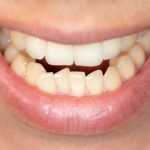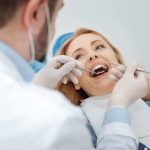Why Gums Bleed When Brushing Daily: Causes and Solutions
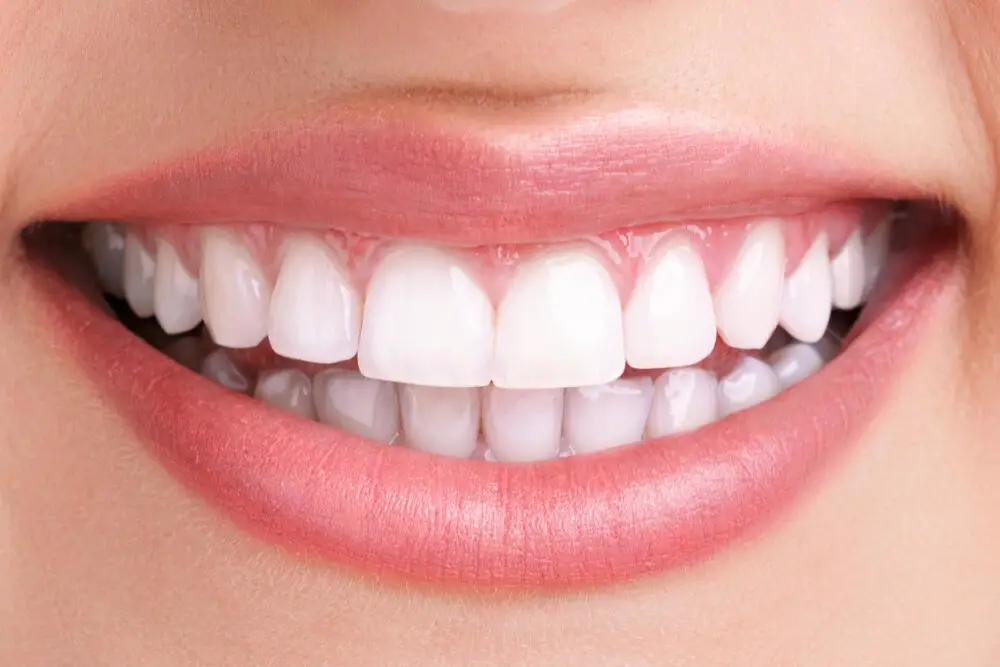
Gums are an essential part of our oral health and play a significant role in keeping our teeth in place. Bleeding gums while brushing can be alarming and uncomfortable. The experience is not only frustrating but also a cause for concern, as it could be a symptom of an underlying dental condition. Bleeding gums can be caused by various factors, ranging from poor oral hygiene to gum diseases. In this article, we will explore the causes of bleeding gums when brushing daily and provide solutions to help alleviate the problem. One of the most common causes of bleeding gums while brushing is poor oral hygiene. When you fail to brush your teeth regularly, bacteria accumulate in your mouth, leading to a buildup of plaque. Plaque is a sticky film of bacteria that forms on your teeth, and if not removed, it hardens into tartar, which can irritate the gums, causing them to bleed. Brushing your teeth twice a day and flossing regularly can help remove plaque and prevent gum bleeding. In some cases, brushing too hard can also cause your gums to bleed. It’s crucial to brush your teeth gently to avoid damaging your gums.
Oral hygiene is an essential aspect of maintaining good health and preventing oral diseases. Poor oral hygiene can lead to various dental issues like tooth decay, gum disease, and bad breath. Brushing and flossing regularly help remove food particles and plaque from teeth, preventing the build-up of harmful bacteria that can cause inflammation of gums and bleeding. Neglecting oral hygiene can lead to the accumulation of tartar, which can only be removed by a dentist. Good oral hygiene also helps maintain the integrity of teeth and gums, allowing for the efficient functioning of the digestive system. Overall, oral hygiene is crucial for maintaining good health and preventing serious dental problems, making it essential to incorporate it into our daily routine.
Bleeding gums are a common oral health problem that can be caused by a variety of factors, including poor oral hygiene, gum disease, hormonal changes, and certain medications. When plaque and bacteria build up on teeth and gums, they can irritate the gum tissue, leading to inflammation and bleeding. Gum disease, also known as periodontitis, can cause deeper pockets to form between the teeth and gums, allowing harmful bacteria to thrive and causing further irritation and bleeding. Hormonal changes during puberty, pregnancy, and menopause can also lead to bleeding gums, as can certain medications such as blood thinners. If left untreated, bleeding gums can progress to more serious oral health issues, making it important to address the problem as soon as possible.
This article will delve into the reasons behind why gums bleed when brushing daily and discuss possible solutions. Bleeding gums are a common oral health issue that affects people of all ages and can be caused by various factors such as gum disease, improper brushing techniques, and vitamin deficiencies. It is essential to understand the underlying causes of bleeding gums to prevent further damage and maintain good oral hygiene. This article will provide information on how to identify the root cause of bleeding gums and offer practical solutions to improve oral health. The article will also highlight the importance of regular dental checkups and professional cleaning to ensure optimal oral health.
Causes of Bleeding Gums

Bleeding gums can be a sign of poor oral hygiene, and it is one of the most common dental problems that people face. The primary cause of bleeding gums is the buildup of plaque on teeth. Plaque is a sticky film of bacteria that forms on teeth and gums, and if it is not removed by brushing and flossing, it can irritate the gums and cause them to bleed. Other causes of bleeding gums include gum disease, which is an infection of the gums that can cause redness, swelling, and bleeding. Additionally, some medications, such as blood thinners, can cause bleeding gums as a side effect. Hormonal changes during pregnancy or menopause can also increase the risk of bleeding gums. Another common cause of bleeding gums is improper brushing or flossing technique. Brushing too hard or using a toothbrush with hard bristles can damage the gums and cause bleeding. Similarly, flossing too aggressively or using a sawing motion instead of a gentle up-and-down motion can also irritate the gums and cause bleeding. Certain lifestyle factors, such as smoking and stress, can also contribute to bleeding gums. Smoking can reduce blood flow to the gums, making them more susceptible to infection, while stress can weaken the immune system and increase the risk of gum disease. By identifying the underlying cause of bleeding gums and taking steps to improve oral hygiene, individuals can help prevent this common dental problem and maintain healthy teeth and gums.
Hard brushing is a common cause of gum bleeding during daily oral hygiene routines. Many people believe that the harder they brush their teeth, the cleaner they will be, but this is not the case. In fact, brushing too hard can cause damage to the gums and tooth enamel. It is important to use a soft-bristled toothbrush and gentle, circular motions to ensure effective cleaning without causing harm. Additionally, using too much pressure can lead to gum recession, which can expose the roots of the teeth and cause sensitivity. Therefore, it is essential to be mindful of the pressure being applied during brushing to maintain healthy gums and teeth.
Gingivitis and periodontitis are two common gum diseases that can cause bleeding when brushing. Gingivitis is an early stage of gum disease that causes inflammation and irritation of the gums, leading to bleeding and tenderness. If left untreated, it can progress to periodontitis, a more severe form of gum disease that affects the bone and tissues that support the teeth. Periodontitis can cause tooth loss and other dental problems. Poor oral hygiene, smoking, hormonal changes, and certain medical conditions can increase the risk of developing gingivitis or periodontitis. Proper oral hygiene, including brushing twice a day, flossing regularly, and visiting the dentist for routine cleanings, can help prevent and manage gum disease.
Vitamin deficiencies can also contribute to gum bleeding when brushing daily. Vitamin C deficiency specifically can cause gum inflammation and bleeding. Vitamin C is essential for collagen production, a protein that makes up the structure of our gums. When there is a lack of vitamin C, collagen production decreases, causing the gums to weaken and become more susceptible to bleeding. Other vitamin deficiencies, such as vitamin K and vitamin D, can also affect gum health. Therefore, it’s important to maintain a balanced diet and ensure that you’re getting adequate amounts of all essential vitamins and minerals to keep your gums healthy.
Medications can be a contributing factor to gum bleeding during daily brushing. Certain medications, such as blood thinners, can increase the risk of bleeding gums. It is important to inform your dentist of any medications you are taking, as they may need to adjust your dental treatment plan accordingly. Additionally, some medications may cause dry mouth, which can also lead to gum problems. If you are experiencing gum bleeding while taking medication, it is essential to consult with your healthcare provider to determine if any changes to your medication regimen are necessary.
Solutions for Bleeding Gums

Bleeding gums can be a result of poor oral hygiene and can lead to more severe dental issues if left untreated. Fortunately, there are several solutions for bleeding gums that can help alleviate the problem. The most important solution is to maintain proper oral hygiene by brushing and flossing regularly. Brushing your teeth twice a day and flossing once a day can help remove plaque and bacteria from your teeth and gums, ultimately reducing the risk of bleeding gums. Additionally, using an antiseptic mouthwash can help kill bacteria and promote healing. Another solution for bleeding gums is to incorporate a healthy diet and lifestyle habits. Eating a diet rich in fruits and vegetables can provide the necessary vitamins and minerals that promote healthy gums. Avoiding tobacco and limiting alcohol consumption can also help prevent bleeding gums and other dental issues. Additionally, managing stress levels can also improve overall oral health, as stress can weaken the immune system and increase the risk of gum disease. Overall, maintaining proper oral hygiene and a healthy lifestyle can help prevent bleeding gums and promote optimal dental health.
Using a soft-bristled toothbrush is crucial to maintain healthy gums and prevent bleeding during brushing. Hard bristles can cause damage to the delicate gum tissue, leading to inflammation and bleeding. A soft-bristled toothbrush, on the other hand, is gentle on the gums and effectively removes plaque and food particles without causing any harm. It is also important to replace the toothbrush every three to four months or when the bristles start to fray. Along with proper brushing techniques, using a soft-bristled toothbrush can go a long way in keeping your gums healthy and preventing bleeding.
Brushing your teeth is an essential component of oral hygiene, yet many people experience bleeding gums during the process. One common reason for this is brushing too hard or using a stiff-bristled brush, which can irritate the delicate gum tissue. It’s important to brush gently and thoroughly, using a soft-bristled brush and making circular motions to remove plaque and food particles. Flossing regularly can also help prevent bleeding gums by removing bacteria and debris from hard-to-reach areas. If bleeding persists, it could be a sign of gum disease or other underlying health issues, and it’s important to consult with a dental professional for proper diagnosis and treatment.
Flossing daily is an essential part of maintaining healthy gums and preventing bleeding during brushing. When we brush, we remove the plaque and food particles on the surface of our teeth, but we often miss the areas between our teeth where the floss comes in handy. Flossing removes the buildup of plaque and bacteria that can accumulate between teeth and cause inflammation, which leads to bleeding gums. Regular flossing also helps to strengthen gum tissue and prevent future bleeding. It is important to develop a daily flossing routine, using proper technique, and to be consistent in order to maintain the health of your gums and prevent bleeding.
Using mouthwash can be an effective solution in combating bleeding gums. Mouthwash contains antibacterial agents that can kill the bacteria that cause gum disease and inflammation. It also freshens breath and can give an overall clean feeling to the mouth. However, it’s important to note that mouthwash should not replace regular brushing and flossing, but rather be used as a supplement to a good oral hygiene routine. It’s also important to choose a mouthwash that is alcohol-free, as alcohol can dry out the mouth and cause further irritation to the gums. Overall, incorporating mouthwash into your daily routine can help improve gum health and prevent bleeding while brushing.
It is crucial to visit the dentist regularly to maintain good oral hygiene. Visiting the dentist can help you prevent and solve gum bleeding problems. A dentist can identify the root cause of gum bleeding and provide a solution accordingly. Regular dental checkups can also help in identifying any potential dental issues that may cause bleeding gums in the future. A dentist can clean your teeth thoroughly and remove any plaque that might be causing the gums to bleed. Therefore, it is highly recommended that you prioritize your dental checkups and seek professional help from a dentist to ensure optimal oral health.
When to See a Dentist
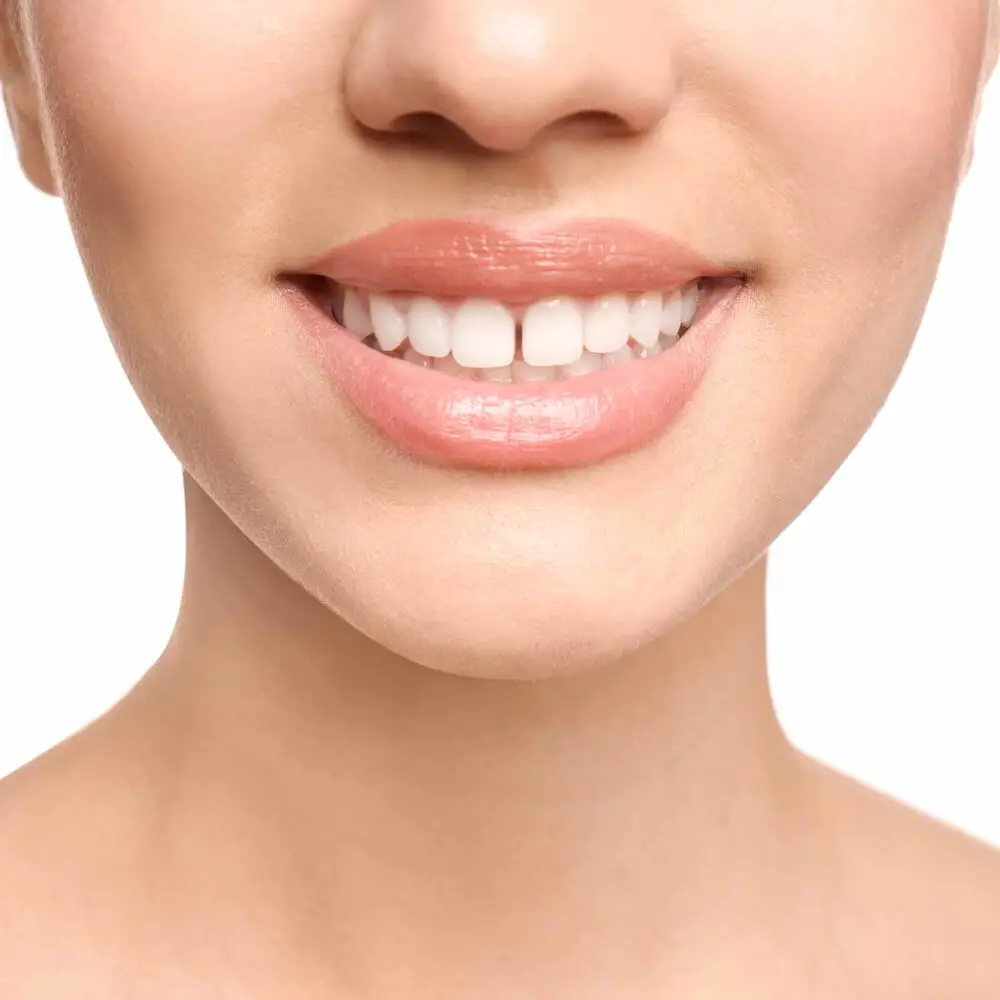
It is essential to know when to see a dentist if you experience gum bleeding while brushing. Bleeding gums can be a sign of a severe dental issue that requires professional attention. In most cases, gum bleeding occurs due to gum disease or gingivitis, which can lead to tooth loss if left untreated. Additionally, gum bleeding can be a sign of other health issues, such as vitamin deficiencies, hormonal changes, and even leukemia. Therefore, if you notice that your gums bleed frequently while brushing, it is time to see a dentist. A dental professional can examine your teeth and gums to identify the underlying cause of the bleeding and recommend the appropriate treatment. It is also important to note that gum bleeding can be prevented through good oral hygiene practices, such as brushing twice a day, flossing, and using an antibacterial mouthwash. However, if you already have bleeding gums, you should avoid harsh brushing and use a soft-bristled toothbrush to avoid further damage. Moreover, it is crucial to maintain a healthy diet and avoid smoking, which can exacerbate gum bleeding. A dentist can also provide tips on how to improve your oral hygiene routine and recommend products that can help reduce gum bleeding. Overall, regular dental visits and good oral hygiene practices can prevent gum bleeding and promote healthy teeth and gums.
While bleeding gums can be a common occurrence for some people, it can also indicate a more serious underlying problem. If your gums bleed frequently and easily, it may be a sign of gum disease, which can lead to tooth loss and other health issues. Other symptoms of gum disease include bad breath, swollen or tender gums, and receding gums. Bleeding gums can also be a sign of a vitamin deficiency or a side effect of certain medications. If you are experiencing bleeding gums, it is important to consult with your dentist to determine the cause and proper treatment.
It is essential to seek professional help when experiencing bleeding gums during brushing. Although it may be tempting to ignore the issue, bleeding gums can indicate a more severe problem, such as gum disease or oral cancer. Professional dental care providers have the expertise to diagnose and treat underlying issues that may cause bleeding gums. They can also provide valuable advice on proper oral hygiene practices, including brushing and flossing techniques, and recommend appropriate products for daily use. Seeking professional help can lead to the prevention of further damage and the restoration of optimal oral health.
Prevention of Bleeding Gums
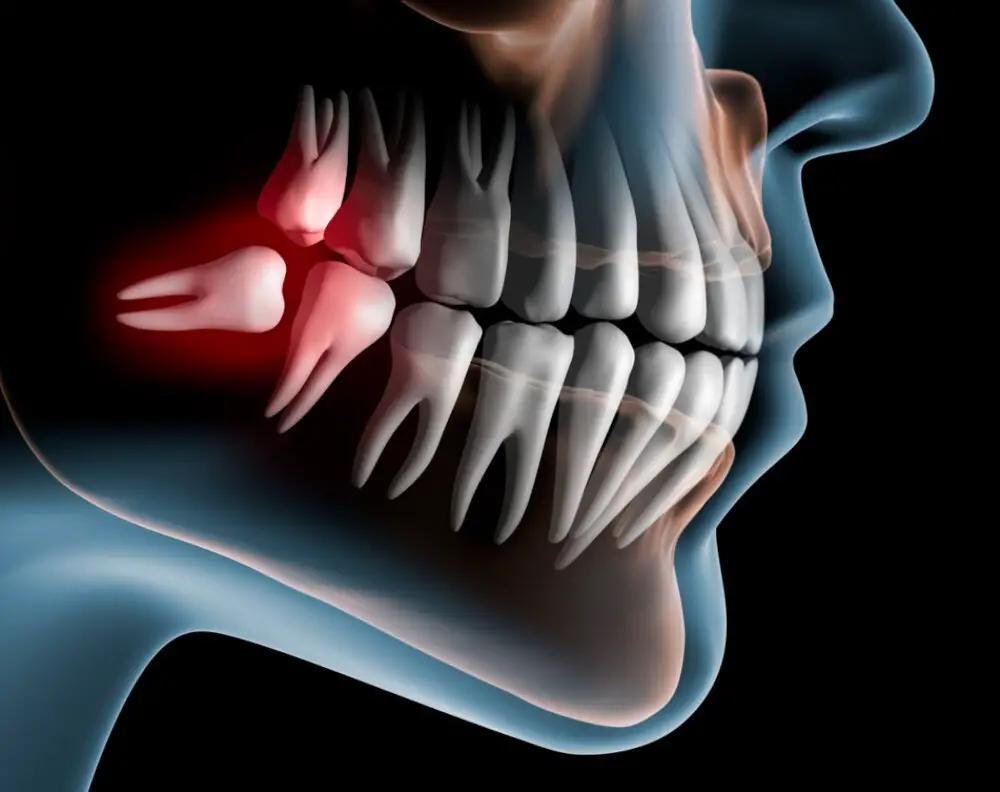
Bleeding gums are a common problem that affects many people, and it is often caused by poor oral hygiene. However, there are several things you can do to prevent bleeding gums and keep your mouth healthy. One of the most important things you can do is to brush your teeth twice a day with a soft-bristled toothbrush. This will help to remove plaque and bacteria from your teeth and gums, which can cause inflammation and bleeding. You should also floss daily to remove any food particles and plaque that may be stuck between your teeth and gums. If you are unsure how to floss properly, ask your dentist or dental hygienist for advice. Another important factor in preventing bleeding gums is to maintain a healthy diet. Eating a well-balanced diet that is rich in vitamins and minerals can help to strengthen your gums and prevent inflammation. You should also avoid sugary and acidic foods and drinks, as these can erode your tooth enamel and cause gum irritation. Additionally, it is important to avoid smoking and using tobacco products, as these can cause a range of oral health problems, including bleeding gums. By following these simple steps, you can help to prevent bleeding gums and maintain a healthy mouth.
Proper oral hygiene habits are essential for maintaining healthy teeth and gums. Brushing your teeth twice daily for at least two minutes each time is important, as is flossing regularly to remove plaque and food particles from between your teeth. Using mouthwash can also help kill bacteria that cause bad breath and gum disease. It’s also important to maintain a healthy diet and avoid sugary and acidic foods and drinks that can erode tooth enamel and cause gum irritation. Regular dental check-ups and cleanings are also crucial to catch any potential issues early and prevent more serious problems from developing. By incorporating these habits into your daily routine, you can keep your teeth and gums healthy and avoid the discomfort and bleeding that can come from poor oral hygiene.
While it may seem unrelated, eating a balanced diet is actually crucial for maintaining healthy gums and preventing bleeding while brushing. Foods that are high in sugar and refined carbohydrates can contribute to inflammation and gum disease, which can cause bleeding. On the other hand, a diet rich in fruits, vegetables, lean protein, and whole grains can provide the nutrients necessary for strong and healthy gums. Additionally, foods that are high in vitamin C, such as citrus fruits, can help boost the immune system and prevent gum infections. Therefore, incorporating a variety of nutrient-dense foods into your diet can help keep your gums healthy and reduce the likelihood of bleeding while brushing.
Avoiding tobacco products is crucial for maintaining good oral health. Tobacco products, such as cigarettes and chewing tobacco, contain harmful chemicals that can damage the gums and teeth. These chemicals can cause inflammation, which is a major cause of bleeding gums. In addition, tobacco use can also weaken the immune system, making it harder for the body to fight off infections in the mouth. Quitting tobacco products is not only beneficial for oral health, but also for overall health. There are many resources available to help individuals quit, such as support groups, nicotine replacement therapy, and counseling. By avoiding tobacco products, individuals can reduce their risk of developing bleeding gums and other oral health issues.
While bleeding gums can be a cause for concern, it’s essential to manage stress to avoid exacerbating the problem. Stress can weaken the immune system, making it more challenging for the body to fight off gum disease. Some effective stress management techniques include deep breathing exercises, mindfulness meditation, and regular exercise. Additionally, taking the time to practice good oral hygiene habits, such as brushing and flossing regularly, can reduce stress by providing a sense of control over one’s health. By taking steps to manage stress, individuals can not only improve their overall well-being but also prevent or alleviate bleeding gums.
Bleeding gums are a common problem that can be caused by several factors. Poor oral hygiene, which leads to the buildup of plaque and tartar, is the most common cause of bleeding gums. Other causes include vitamin deficiencies, hormonal changes, medications, and underlying health conditions. The good news is that bleeding gums can often be prevented and treated through regular brushing and flossing, using an antiseptic mouthwash, and visiting the dentist for regular cleanings. Eating a balanced diet that includes foods rich in vitamin C and calcium can also help maintain healthy gums. In severe cases, a dentist may recommend additional treatments such as scaling and root planing or gum surgery. By taking care of your oral health, you can prevent bleeding gums and maintain a healthy smile.
Taking care of oral health is crucial for overall well-being. Poor oral hygiene not only causes bad breath and yellow teeth but can lead to serious health problems such as gum disease, tooth decay, and even heart disease. Bleeding gums during brushing or flossing is a sign of gum disease, which left untreated, can cause tooth loss and other oral health issues. Regular brushing and flossing, along with routine dental check-ups and cleanings, can prevent and treat gum disease and maintain optimal oral health. A healthy mouth not only enhances confidence and appearance, but also improves overall health and quality of life.
If you are experiencing persistent bleeding gums, the best course of action is to seek professional help from your dentist or periodontist. Bleeding gums can be a sign of gum disease, which, if left untreated, can lead to tooth loss and even systemic health problems. While there are steps you can take at home to improve your oral hygiene, such as brushing twice a day, flossing daily, and using an antiseptic mouthwash, these measures may not be enough to treat gum disease. A dental professional can evaluate the severity of your condition and recommend a personalized treatment plan to help you achieve optimal oral health. Don’t ignore bleeding gums – seek professional help to protect your teeth and overall health.
Conclusion
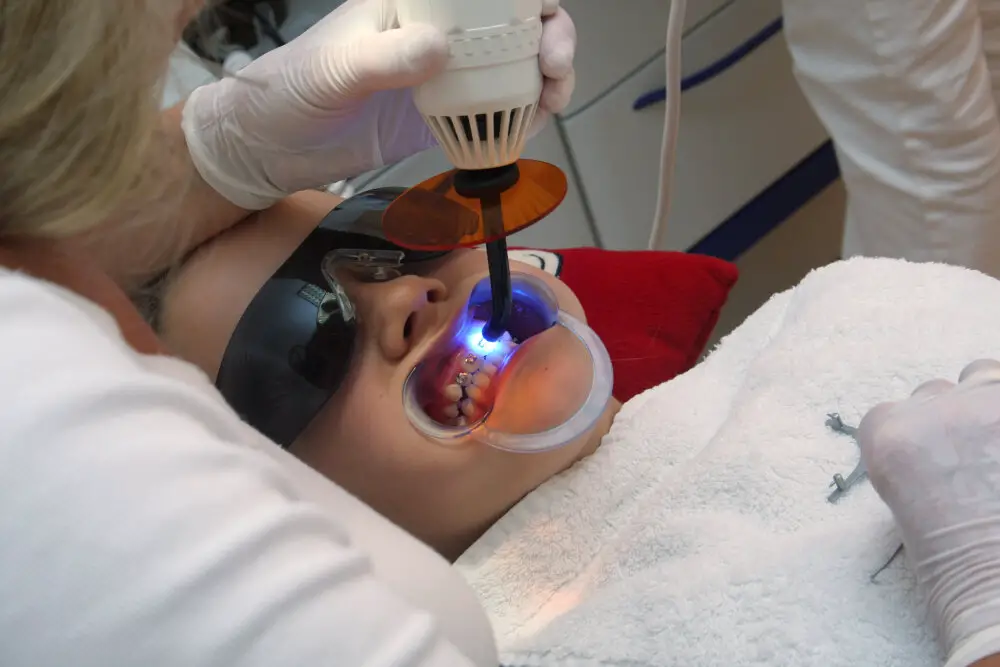
In conclusion, bleeding gums while brushing daily is a concerning issue that should be addressed immediately. It is caused by several factors such as poor oral hygiene, gum diseases, hormonal changes, and vitamin deficiencies. Ignoring this problem can lead to severe gum damage, tooth loss, and even systemic health issues. However, the good news is that bleeding gums can be prevented and treated by adopting healthy oral care habits such as brushing twice a day, flossing, and using mouthwash. Additionally, seeking professional dental care and addressing underlying medical conditions can also help in managing bleeding gums. It is important to prioritize oral health to maintain a healthy smile and overall well-being.

